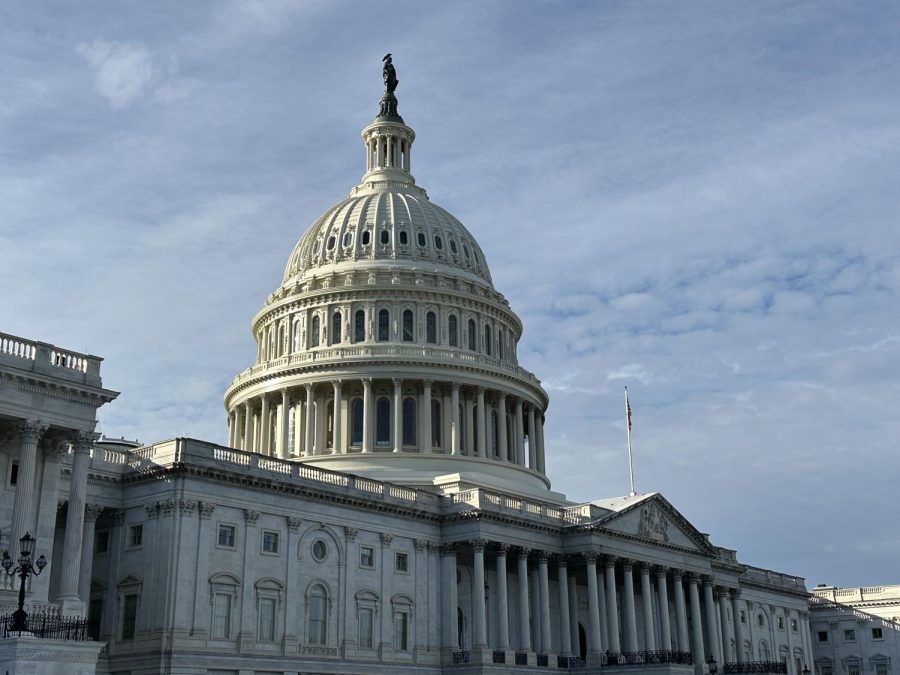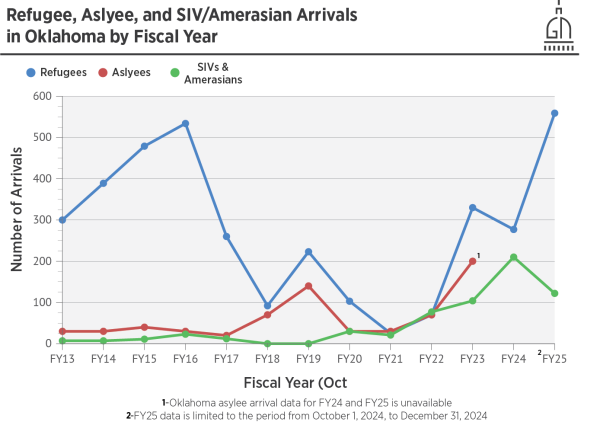Oklahoma delegation at odds in effort to repeal Iraq War authorization
WASHINGTON – Oklahoma’s two senators voted to oppose the bipartisan repeal of the two-decade-old Iraq War military authorization, citing safety concerns for Americans still stationed there, despite Rep. Tom Cole’s support.
The legislation passed the Senate Wednesday with a hefty majority of 66-30, and if signed into law would rescind the legal justification—dubbed Authorization for Use of Military Force—for the 2003 Iraq Invasion and the 1990-91 Gulf War. The bill now awaits House approval, and President Joe Biden has signaled he will sign it if it reaches his desk.
“I have long been supportive of having a debate about how Congress can reclaim its constitutional power to authorize and declare war,” Cole said in 2020.
Cole (R-Moore) co-sponsored this bill with congressional peers from both sides of the aisle, but his Senate colleagues, James Lankford (R-Oklahoma City) and Markwayne Mullin (R-Westville), have reservations about the legislation because of the threat to Americans stationed there.
“I have very real concerns of the message it sends to Iran right now when they continue to be able to accelerate their terrorism,” Lankford said.
Lankford said he supported withdrawing the 1991 military authorization used by George H.W. Bush during the Gulf War, but wanted the 2002 authorization to stand.
“The issue with the 2002 one is really what’s happening with the Iranian threat in the region, as well, among the Shia militias that are still actively pursuing American troops,” Lankford said, referring to Iranian-backed militias operating in Iraq that have attacked U.S. personnel.
Deliberations over the repeal dominated the Senate floor last week with a litany of failed amendments.
Lankford said none of the amendments would have swayed his vote, but an amendment proposed by Sen. Lindsey Graham (R-SC) did grab his attention.
Graham’s amendment provided provisions in the 2002 authorization to defend against the militias in Iraq. Lankford and Mullin voted in favor, but the amendment flopped.
“That’s one that’s pretty persuasive, but obviously it didn’t pass,” Lankford said.
The effort shifts to the House, where it also has bipartisan backing. Speaker Kevin McCarthy indicated his support to repeal the authorizations, but said it must first go through the House Foreign Affairs Committee.
This month marks 20 years since President George W. Bush ordered the invasion of Iraq based on faulty intelligence that indicated leader Saddam Hussein was harboring weapons of mass destruction.
The U.S. Constitution vests Congress as the only institution that can declare war, and repealing the military authorizations would symbolically reaffirm its authority.
Repealing the 2002 AUMF is not a novel debate on the House floor; it approved similar legislation to repeal the AUMF in 2021 during the last Congress, which Cole supported. The rest of the House delegation from Oklahoma voted against it.
Senate Democrats mounted their support for the bill.
“When this authorization was passed, I think I was a senior in college,” said Sen. Raphael Warnock (D-GA). Warnock, 53, graduated college in 1991, when the first military authorization in question passed.
Gaylord News is a reporting project of the University of Oklahoma Gaylord College of Journalism and Mass Communication. For more stories by Gaylord News go to GaylordNews.net.







